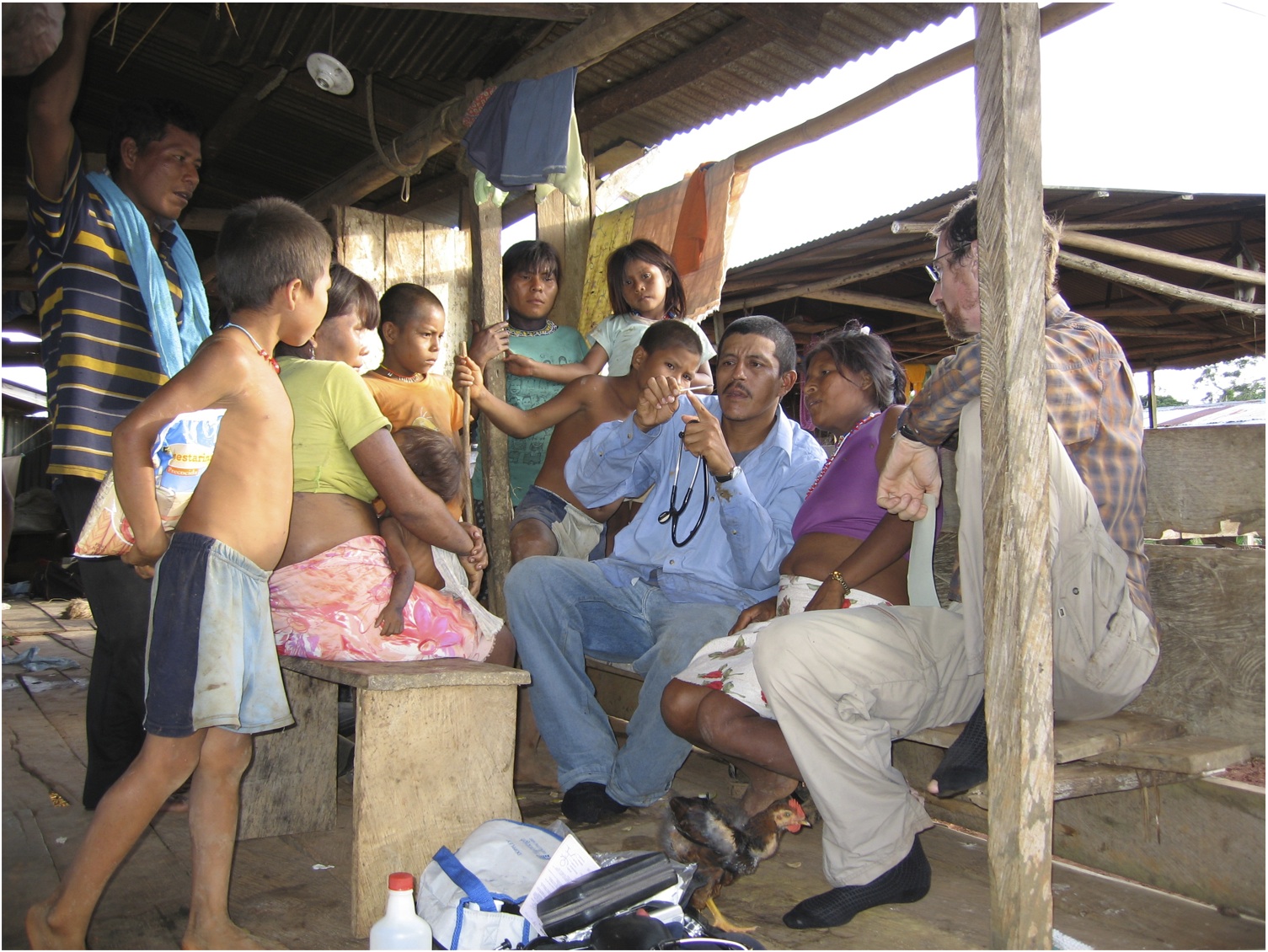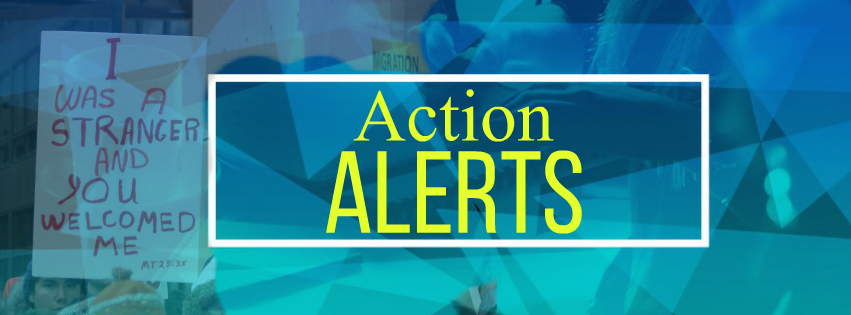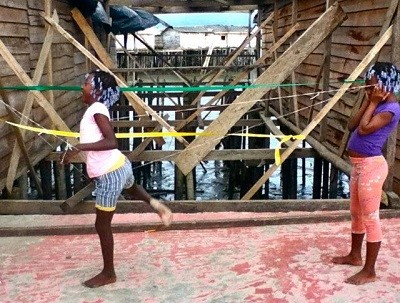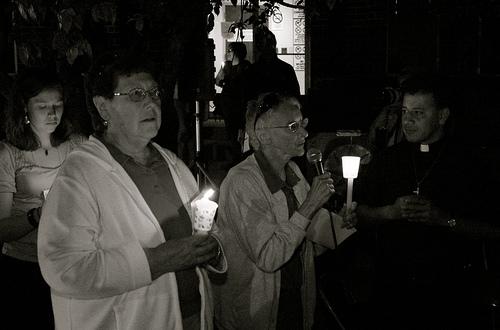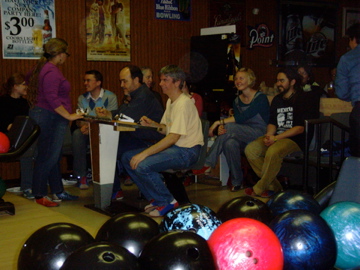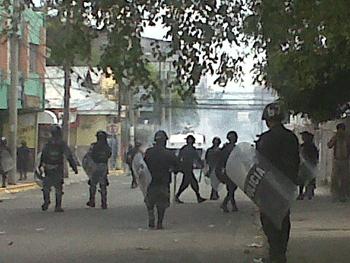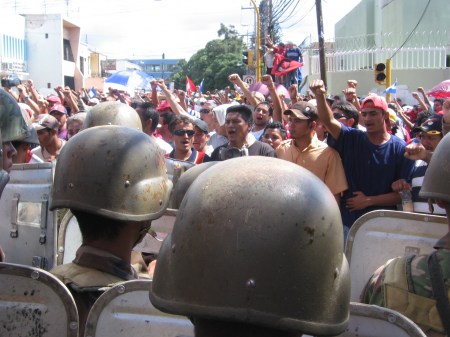Action Alert: Calls Needed TODAY, Thursday, June 20
The Senate will continue to vote on amendments to the bipartisan immigration bill S.744 today, Thursday, June 20th. Yesterday your calls make were successful! Paul #1200 which was tabled, which would have hurt refugees and delayed the path to citizenship, and Lee #1208 failed, which would have delayed the path to citizenship.
Please call TODAY and keep calling to defeat negative amendments and win sensible improvements to the bill!
Call
1-866-940-2439
to be connected with your Senators.
You can also call the Capitol Switchboard: (202) 224-3121 or find Senators’ direct lines at
http://www.senate.gov/
Feel free to use this sample script:
“I am from [City, State, Congregation], and I support
immigration reform.
As a person of faith, I urge the Senator to vote
NO
to
amendments sponsored by Senators
Cornyn, Inhofe, Cruz, Rubio,
Fischer, Grassley, Wicker, and Sessions
,
which would expand detention,
significantly delay the path to citizenship, and prevent many of our community
members from accessing the path to citizenship.
I also ask the Senator to
SUPPORT Senator Hirono’s
amendment #1403
to help women and families access the visa system, and
Senator Boxer’s #1240
to ensure training for all officials along the
border.”
OPPOSE AMENDMENTS THAT
WOULD EXPAND DETENTION AND DELAY THE PATH TO CITIZENSHIP
SENATOR CORNYN’S “RESULTS” AMENDMENT #1251
would mandate unreasonable triggers that could inevitably
delay the path to citizenship and increases enforcement costs without a clear
strategy and purpose. The Department of Homeland Security would have to ensure
100% situational awareness of the border, full operational control, and fully
implement a nationwide employment verification system and biometric entry and
exit system at all air and sea ports of entry. This would cost around $24
billion, mostly for adding 10,000 officer and agents. These are extremely high
costs lacking clear justification. Cornyn may file another amendment to be
considered today that would narrow who is eligible for the path to citizenship.
SENATOR INHOFE’S AMENDMENT #1203
would radically expand immigration detention, including arriving asylum seekers
and longtime lawful permanent residents with misdemeanor offenses, and remove
basic due process. It would extend mandatory detention to individuals with old
convictions who have been free for years and leading productive lives, and
would bar Immigration Judges from ordering the supervision of immigrants on
secure and cost effective alternatives to detention. It would also authorize
the indefinite-or potentially lifelong-detention of broad categories of people,
without meaningful judicial review.
SENATOR CRUZ’S AMENDMENT #1320
would
replace current border provisions with more burdensome requirements and delay
the processing of applications for RPI status until these border security
requirements are met.
OPPOSE AMENDMENTS THATWOULD PREVENT MANY FROM ACCESSING THE PATH TO CITIZENSHIP
SENATOR RUBIO’S AMENDMENT #1225
AND
SENATOR FISCHER’S AMENDMENT #1348
would
require individuals to pass the English and civics exam currently required for
citizenship in order to even receive RPI status (Fischer #1348) or adjust to
LPR status (Rubio #1225). These amendments would restrict many of our community
members from accessing RPI and LPR status, and thus prevent them from
sponsoring their family members for reunification. The standard currently set
in the bill, to allow people in RPI status to adjust to LPR if they
are “satisfactorily pursuing a course of study…to achieve an
understanding of English and knowledge and understanding of the history and
Government of the United States” should remain, so individuals can adjust
to LPR and continue learning English to prepare for the citizenship exam.
SENATOR GRASSLEY’S AMEDNMENT #1299
would bar individuals who have been a member of a gang from entering the U.S.
or, for those who are here, pursuing the path to citizenship. It would expand
the term “criminal gang” to mean an ongoing group, club,
organization, or association of 5 or more persons that has as 1 of its primary
purposes 1 or more criminal offense”. This could prevent access to the
path to citizenship for many individuals who were members of gangs in their youth
but who have changed their lives and are contributing members of our
communities.
SENATOR WICKER’S AMENDMENT #1229
would revoke RPI status from someone who
leaves the U.S. for more than 180 days, utilizes Federal means-tested benefits,
uses a fraudulent document, or is no longer eligible for such status. This
could prevent people from traveling to see a sick family member and or from
finding health services for their children.
SENATOR SESSIONS’ AMENDMENT #1334
would change in the definition of “aggravated identity theft” from
the possession of the identification “of another person” to the
possession of identification “that is not his or her own”. This would
eliminate the ability of many immigrants who have used fake documents to get by
from ever applying for RPI status.
SUPPORT AMENDMENTS TO HELP WOMEN, FAMILIES AND BORDER COMMUNITIES
SUPPORT SENATOR HIRONO’S AMENDMENT #1403
to help women and families enter through the merit-based system.
This amendment is sponsored by 12 women senators, including Senator Murkowski
(R-AK).
SUPPORT SENATOR BOXER’S AMENDMENT #1240
This amendment
would require that all National Guard and Coast Guard officials who are
stationed along the border receive the same training programs in immigration
law enforcement, vulnerable populations, and responding to children and victims
of crime. The current bill requires this training for border patrol agents, but
leaves out these National Guard and Coast Guard officials. Everyone patroling
the border should be specifically trained in these issues.
Find Your Senators’
Twitter
names on their websites (
http://www.senate.gov/
) and urge them to support positive
amendments and oppose negative amendments by tweeting @[their twitter name].
Ex:
”
@
Sen_JoeManchin
As a WV person of faith I
support
#
immigrationreform
.
Please oppose Grassley #1195 which would delay
#
pathtocitizenship
#
cir
”
All amendments filed can be found at
http://1.usa.gov/14im8Gp
. Please note that this list takes time
to update, so it is possible that amendments being considered may not appear at
this link until 24 hours after they have been filed.

